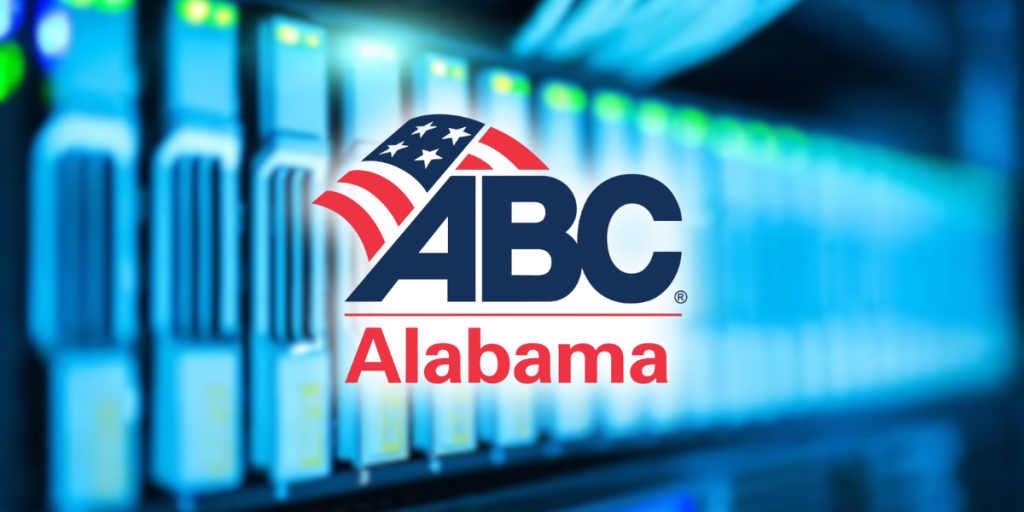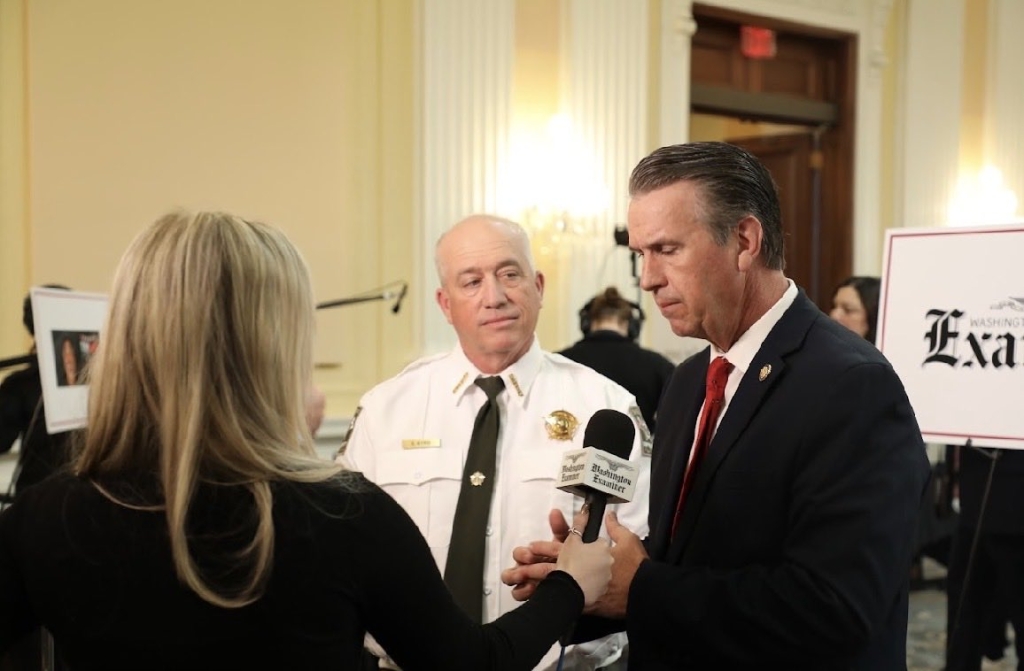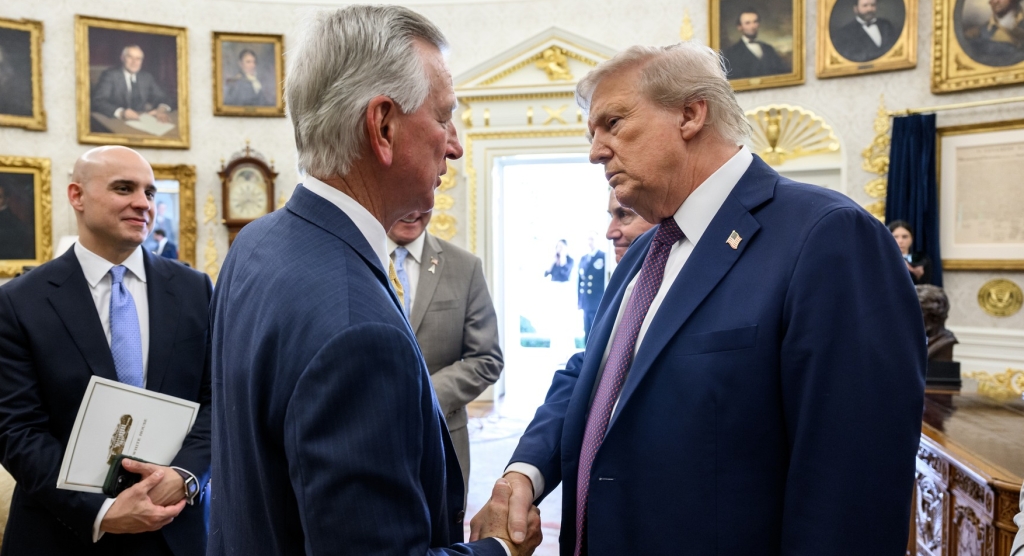A recent op-ed by State Rep. Ed Oliver (R-Dadeville) warned that so-called “crypto loopholes” could drain deposits from Alabama community banks and harm our rural communities. There is simply no evidence to support this argument. In reality, President Trump’s landmark GENIUS Act law will further unlock our economy and have an insignificant impact on community banks.
Rep. Oliver’s argument is straight from the talking points of big banks who want to hide behind their smaller peers. They want to ban Americans’ right to earn stablecoin rewards, just like credit card rewards – because they don’t want competition.
Simply put, it would be a dire mistake to re-litigate the GENIUS Act and doing so would strike a blow to President Trump’s broader pro-crypto agenda.
Many parts of rural Alabama have long struggled with financial access.
Branch closures in rural counties have forced families to drive an hour or more just to cash a check or take out a small loan.
According to the FDIC, Alabama ranks among the states with the highest share of unbanked households. Meanwhile, mobile penetration in rural areas continues to grow, meaning blockchain-based services are not some futuristic concept — they’re a practical solution to provide underserved communities with faster payments, cheaper remittances, and innovative ways to save and invest.
It is worth crediting the Alabama banks who are taking a forward looking approach to technology and investing heavily in their customer-facing products. I would encourage these same institutions to closely examine how they can integrate crypto products into their technology stack. New product offerings, to include more access to digital assets, will allow our legacy banks to better expand their depositor base over time.
Participating in these strategic discussions would be much more productive for consumers than resorting to fear-based tactics. Rewards programs offered by companies like Coinbase are features – not bugs – of the GENIUS Act law. Big banks call them “loopholes” because they allow for competition. In fact, they’re critical rewards that benefit consumers, much like credit card reward programs.
Research has shown no meaningful correlation between stablecoin growth and community bank deposit declines. In fact, deposits at community banks have fluctuated with Federal Reserve interest-rate policy and macroeconomic conditions, not crypto adoption.
If Congress now reopens settled law, it could create regulatory uncertainty at the very moment America should be positioning itself to benefit from crypto-driven investment. Digital asset infrastructure is capital-intensive.
Developers, miners, and payment companies make multi-year commitments when deciding where to build. If Washington starts rewriting the rules every few months, these projects will simply move overseas. America – and Alabama – will be left behind.
For rural communities, the stakes are especially high. A cattle farmer in Crenshaw County who can get paid instantly for shipments instead of waiting days for wire transfers has less exposure to cash-flow crunches.
A small business owner in Pickens County who can use tokenized microloans gains access to credit that local banks, through no fault of their own, may no longer be able to extend. These aren’t abstract concepts; they are concrete ways that digital finance can and will expand opportunity in places that need it most.
Re-litigating the GENIUS Act would also undermine the broader national push to make America — not China or Europe — the leader in digital assets.
President Trump has made clear that he views crypto as a pillar of American technological and economic strength. He wants to make America the crypto capital of the world. Undermining that agenda by adding new restrictions and prohibitions would send the wrong signal to entrepreneurs and innovators at home.
Alabama’s elected officials, especially our Sen. Katie Britt, who sits on the U.S. Senate Banking Committee, should be working to align with that vision.
The right path forward is not to undo customers’ right to earn more types of rewards under the law, but to enforce clear rules, competition, and consumer protection by passing comprehensive market structure legislation through Congress this fall.
That’s a win for innovation, a win for financial freedom, and a win for Alabama rural communities under President Trump’s crypto agenda.
Will Middleton is the managing member of Blockchain Tek in Florence, Alabama. He is an active member of the Shoals Chamber of Commerce and a strong proponent of digital asset adoption and education.













